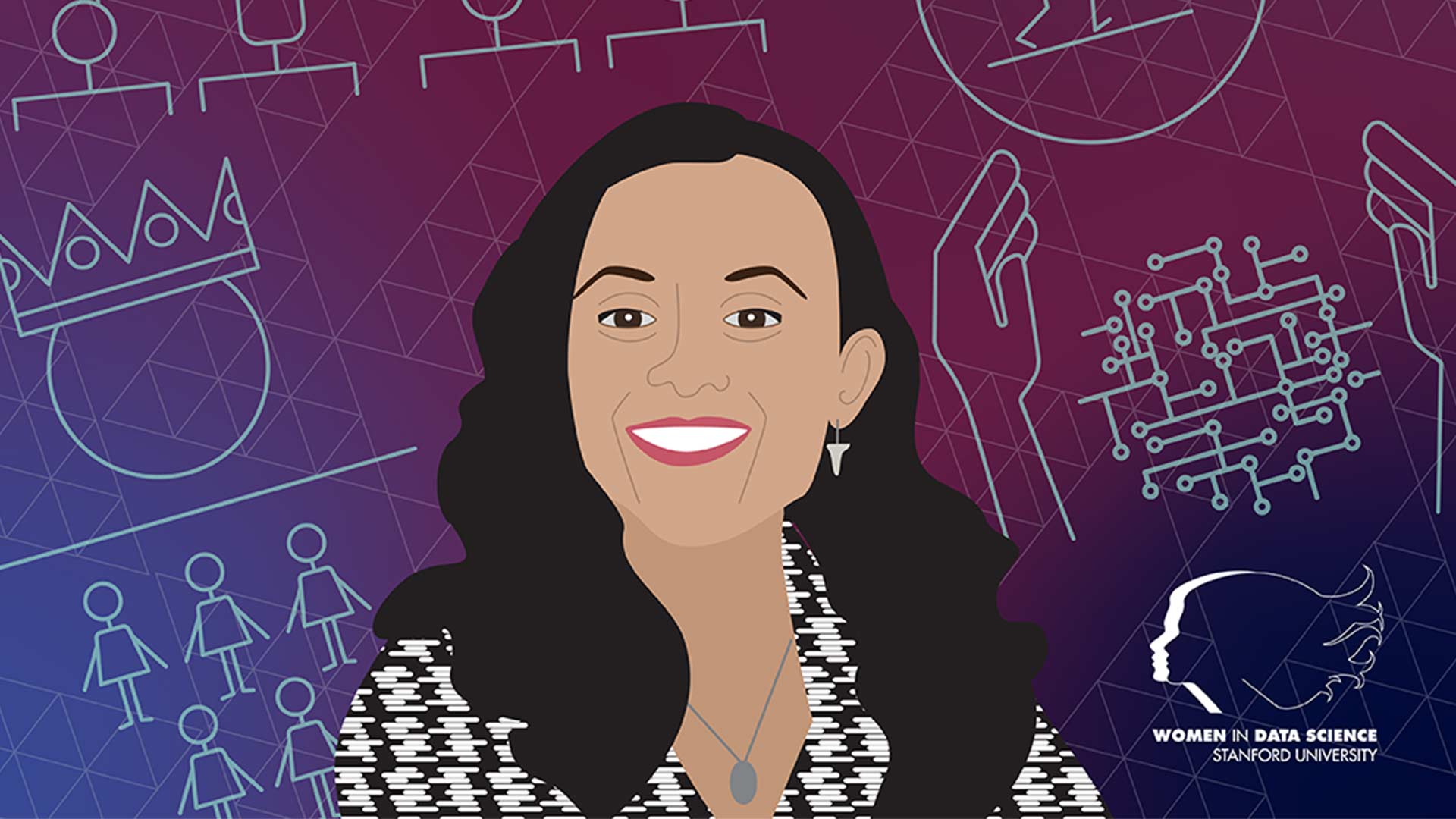When Tahu Kukutai’s father went to school, he wasn’t allowed to speak his native language. If he did, he would be hit by his teachers. While the situation for the Maori people in Aotearoa (the Maori name for New Zealand) has improved somewhat since then, Tahu has dedicated her career to advocating for the rights of Indigenous peoples to preserve their native language, identity, communities, and culture.
In today’s world, power over data is a central component of indigenous self-determination. Government agencies decide what data gets collected on whom and how it gets used, shared, and stored. There’s a long history of data colonialism and state surveillance of indigenous communities designed for government priorities. Indigenous data sovereignty provides a framework to determine what data are collected and how it’s used, the ethical framework and governance, and the intended beneficiaries.
Indigenous peoples have a different perspective on data. Most western frameworks about data protection, rights, and privacy are focused on the individual. The indigenous concept of data, data sovereignty and data rights are instead focused on the collective. Indigenous data are any information that impacts both the individual and the collective such as natural resources, nations, peoples, traditional and cultural information, oral histories, and ancestral knowledge. Tahu is advocating for indigenous data sovereignty as a founding member of the Māori Data Sovereignty Network Te Mana Raraunga and the Global Indigenous Data Alliance (GIDA) that works to control the collection, ownership, and application of data about their people, territories, and natural resources.
While there’s a growing willingness from government agencies to engage in conversations around Maori data sovereignty, she says there is a lot of work ahead. Private sector big data organizations also have a major role to play, and she hopes they will be more proactive about doing this work internally to be relevant to the growing Maori population. Maori currently make up 16-18% of the Aotearoa population, compared to roughly 5% indigenous populations in the US, Canada, and Australia.
Tahu says that advocating for any issue fundamental to the wellbeing of the Maori, whether it’s language revitalization, land rights, or water rights, has always been driven by the Maori. “I have huge optimism that change can occur, but it will only ever be driven by ourselves. That doesn’t mean that others don’t have a role to play and there are some very positive steps,” she says. “There’s incredible resilience, fortitude, and tenacity in indigenous communities around the world who have refused to let go of their identity. The challenge is to move from surviving to thriving.”
https://www.widsconference.org/uploads/5/5/8/3/55834673/published/taku-1.jpg?1638914420


